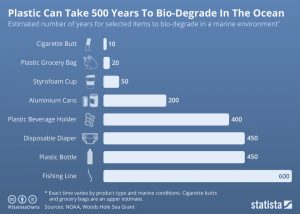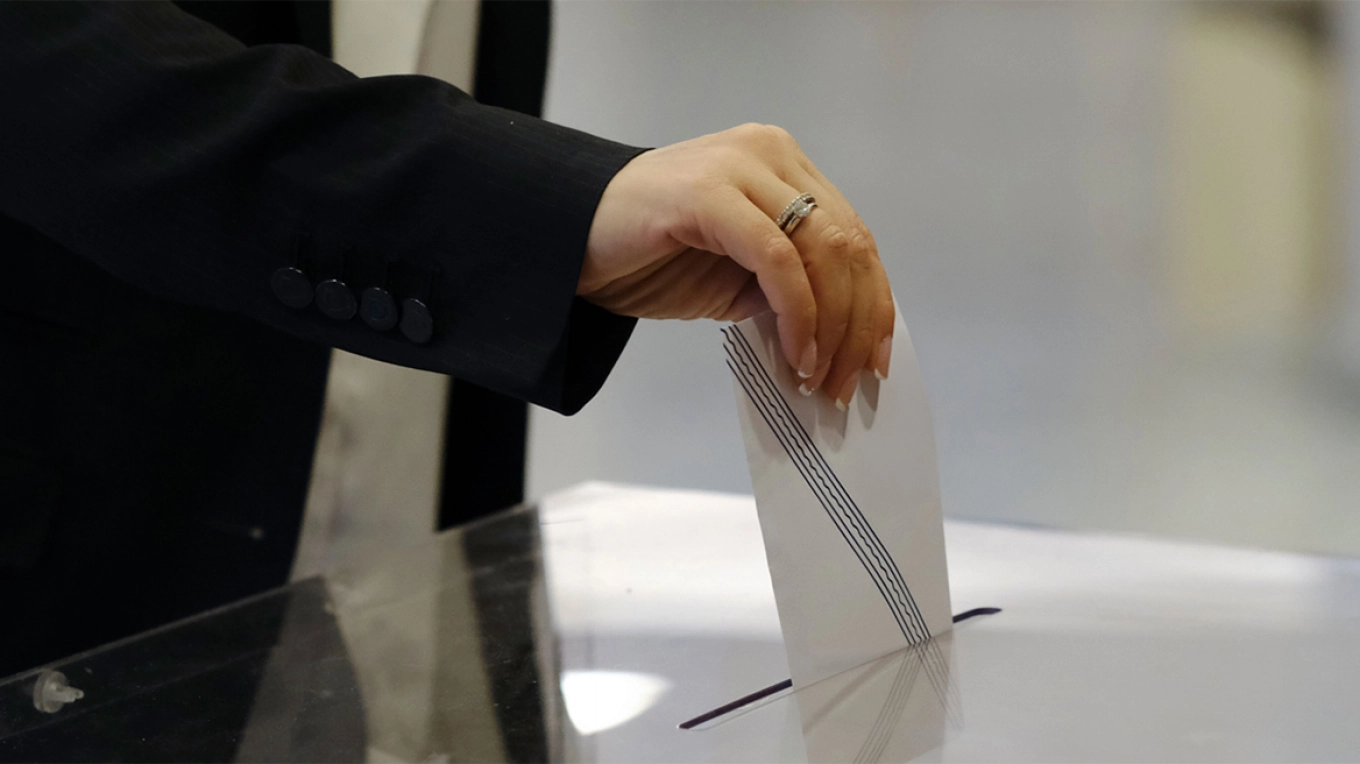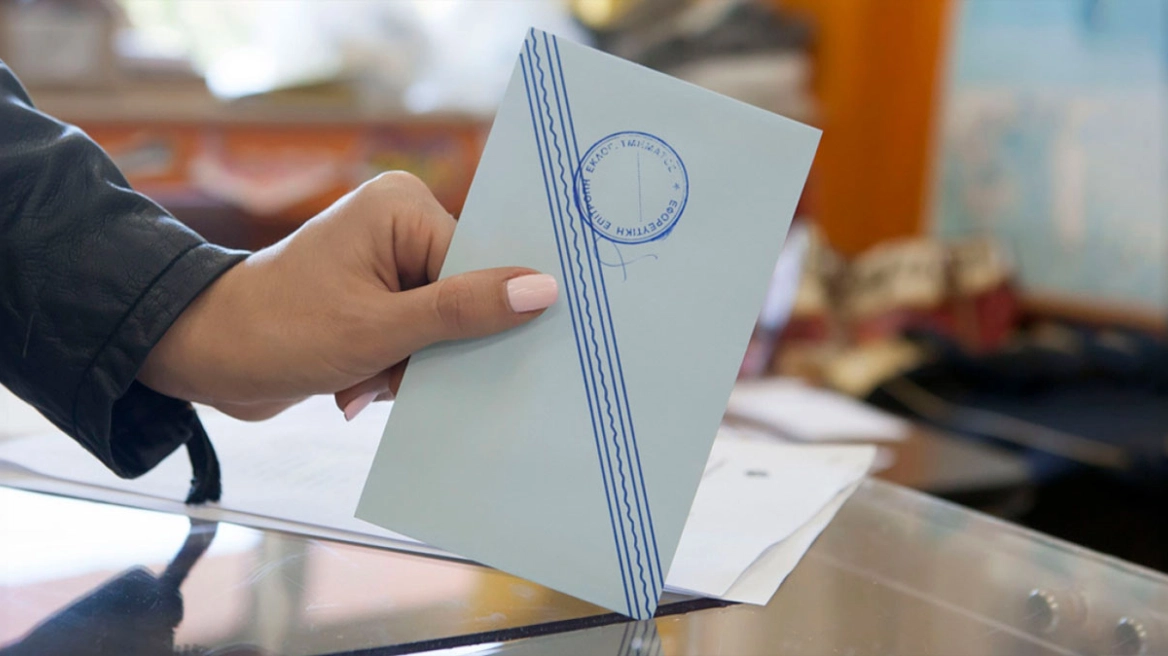Yesterday, the European Parliament overwhelmingly backed a sweeping ban on a range of single-use plastics in an effort to curb maritime pollution. The proposed directive will ban items such as plastic straws, cutlery, plates and cotton swabs by 2021 and ensure that 90 percent of plastic bottles are recycled by 2025. MEPs backed the legislation by 571 votes to 53.
According to the European Parliament, the products that will be banned account for over 70 percent of maritime litter. MEPs also agreed that measures need to be taken to reduce pollution from tobacco products, particularly cigarette filters that contain plastic. They are the second most littered single-use plastic item and one butt can pollute between 500 and 1,000 liters of water, taking up to a decade to bio-degrade. Under the directive, waste from cigarette filters containing plastic will have to be reduced by 50 percent by 2025 and 80 percent by 2030.
The following infographic uses data from NOAA and Woods Hole Sea Grant to show just how long it takes for a range of other plastic items to bio-degrade in a marine environment. Governments have been highly active banning plastic grocery bags and they can take twice as long as cigarette butts to bio-degrade. Other items are far worse, however, with plastic beverage holders, plastic bottles and disposable diapers all taking 400 years or longer to finally break up and disappear.
source: statista

Ask me anything
Explore related questions





